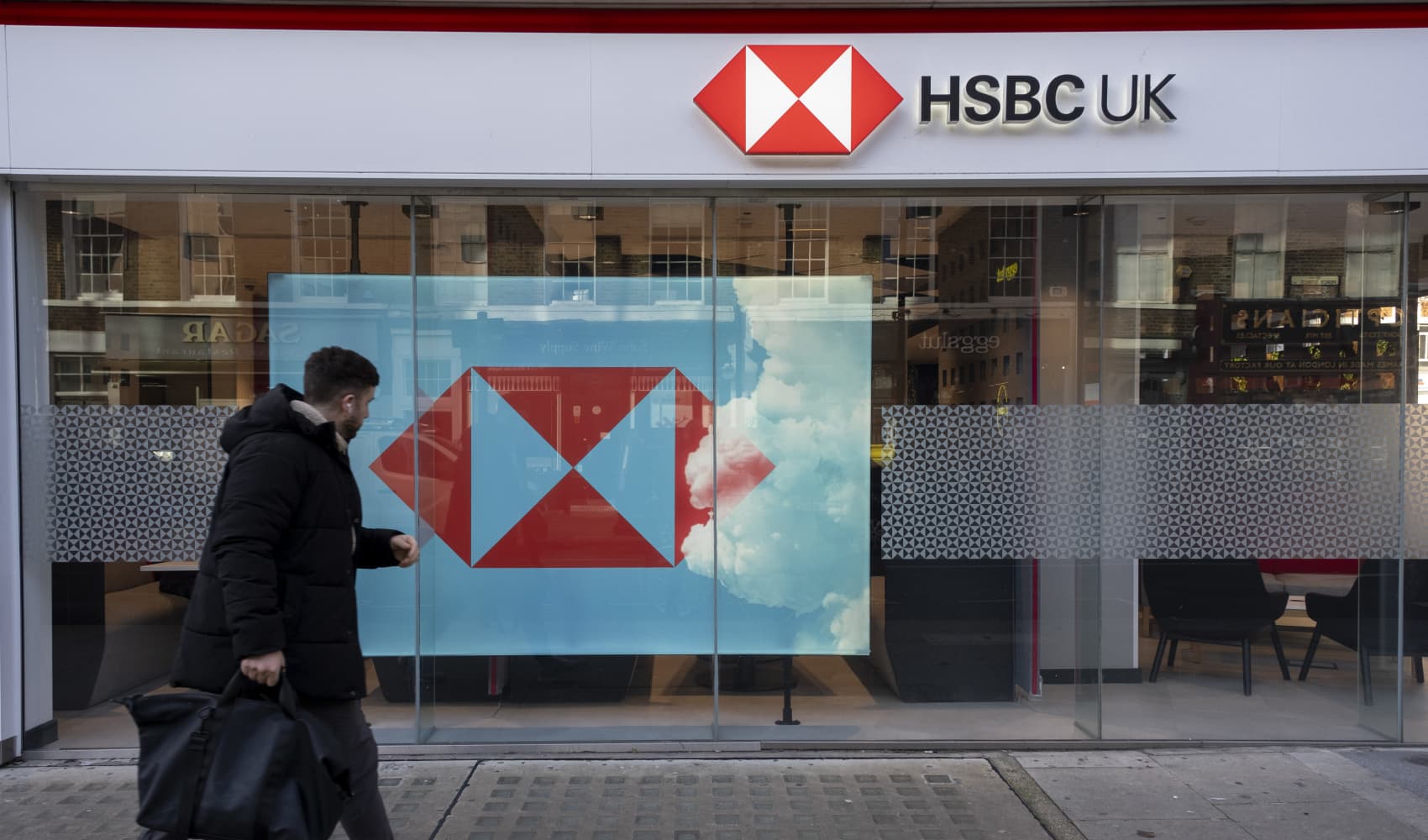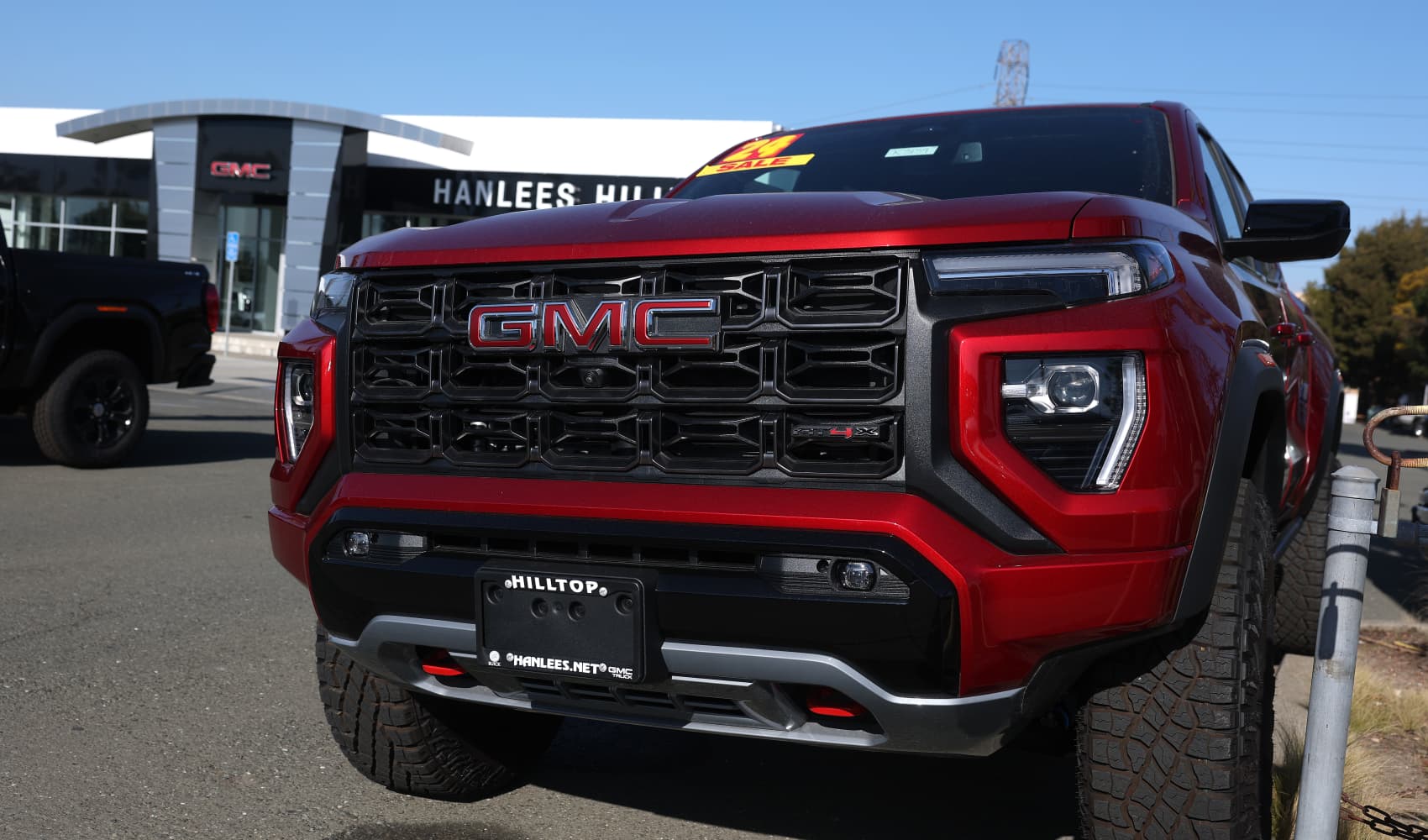
U.S. President Donald Trump at an event with the racing champions from NASCAR Cup Series, NTT IndyCar Series, and IMSA WeatherTech SportsCar Championship, at the White House in Washington, D.C., on April 9, 2025.
U.S. President Donald Trump hit the pause button on his heavy "reciprocal" tariffs and swapped them for a universal 10% rate for 90 days. Stocks ripped higher on the news, hitting historic numbers. Treasury Secretary Scott Bessent said it was Trump's plan "all along."
Whether the plan is a good one is another matter. Investors should not let themselves be swept away by the flood of euphoria in markets Wednesday. Remember, Trump allowed a mere 90-day pause for deals to be made. The 10% tariff is not the permanent rate. And massive tariffs still exist on China, one of the biggest trading partners of the U.S.
Watch NBC6 free wherever you are
Relief rallies are also most prevalent during long-term downturns, such as during the 2000s dot-com bubble or 2008 financial crisis.
As negotiations play out, uncertainty, the bane of markets, is still the name of the game, and could be part of the plan — if there really was one — as well.
Get local news you need to know to start your day with NBC 6's News Headlines newsletter.
What you need to know today
Trump drops tariffs to 10% for 90 days
U.S. President Donald Trump cut new tariff rates on imports from most U.S. trade partners to 10% for 90 days to allow negotiations with those countries. Trump announced the pause on Wednesday, hours after goods from nearly 90 nations became subject to stiffer, so-called reciprocal tariffs. Treasury Secretary Scott Bessent told reporters the pullback in tariffs was Trump's strategy "all along." However, Trump raised tariffs on imports from China to 125% after Beijing on Wednesday hiked its tariffs on U.S. imports to 84% from 34% starting April 10.
Massive and historic stock surge
U.S. stocks rocketed Wednesday as a relief rally gripped markets. The S&P 500 surged 9.52% for its biggest one-day gain since 2008 and the third-biggest jump in post-WWII history. The Dow Jones Industrial Average popped 7.87%, its biggest advance since March 2020. The Nasdaq Composite spiked 12.16%, notching its largest one-day gain since January 2001 and second-best day ever. About 30 billion shares traded hands, making it the heaviest volume day on Wall Street in history, according to records that go back 18 years.
Money Report
Just a dead-cat bounce?
It might be too early to cheer the market gains. The Nasdaq Composite had its second-best day Wednesday, trailing only its 14.17% jump in January 2001 — which was in the middle of the dot-com crash. And during the financial crisis in October 2008, the Nasdaq enjoyed two of its best five days ever. Call it a dead-cat bounce, a relief rally or short covering. It's a familiar reaction during the worst of times for Wall Street, wrote CNBC's Ari Levy.
Asian tech stocks pop
Asia-Pacific markets rose in tandem with Wall Street on Thursday. Japan's Nikkei 225 soared over 8% and South Korea's Kospi popped more than 6%. Both indexes were juiced by gains in Asian tech giants such as Renesas Electron, SoftBank Group, SK Hynix and Samsung Electronics. Hong Kong-listed shares, however, did not rise as much, as investor sentiment was dampened by the escalating U.S.-China trade war.
More signs of deflation in China
China's consumer price index in March slipped 0.1% year on year, remaining in deflationary territory after contracting 0.7% in February, according to data released by the National Statistics Bureau Thursday. A Reuters poll of economists had expected a flat reading compared with the same period last year. Producer prices fell for the 29th straight month, dropping 2.5% in March from a year earlier.
[PRO] Goldman raises, then cuts, recession odds
Less than an hour before Trump's tariff pause, Goldman Sachs hiked its forecast of a U.S. recession and predicted the country's economy to shrink this year — then the bank almost immediately rescinded it. Here's what Goldman chief economist Jan Hatzius is saying about the updates on U.S. trade policy.
And finally...

OpenAI says Musk has run 'unlawful campaign of harassment' against company in lawsuit
OpenAI on Wednesday filed suit against Elon Musk, claiming the world's richest person has "tried every tool available to harm" the artificial intelligence company.
The lawsuit, filed in a federal district court that last month blocked Musk's attempt to stop the nonprofit from transforming into a for-profit entity, is asking for punitive damages from Musk's actions and an injunction to stop him from interfering further in its operations.
Musk is CEO of Tesla and SpaceX and owns social media site X as well as OpenAI rival xAI, which he started in 2023.






